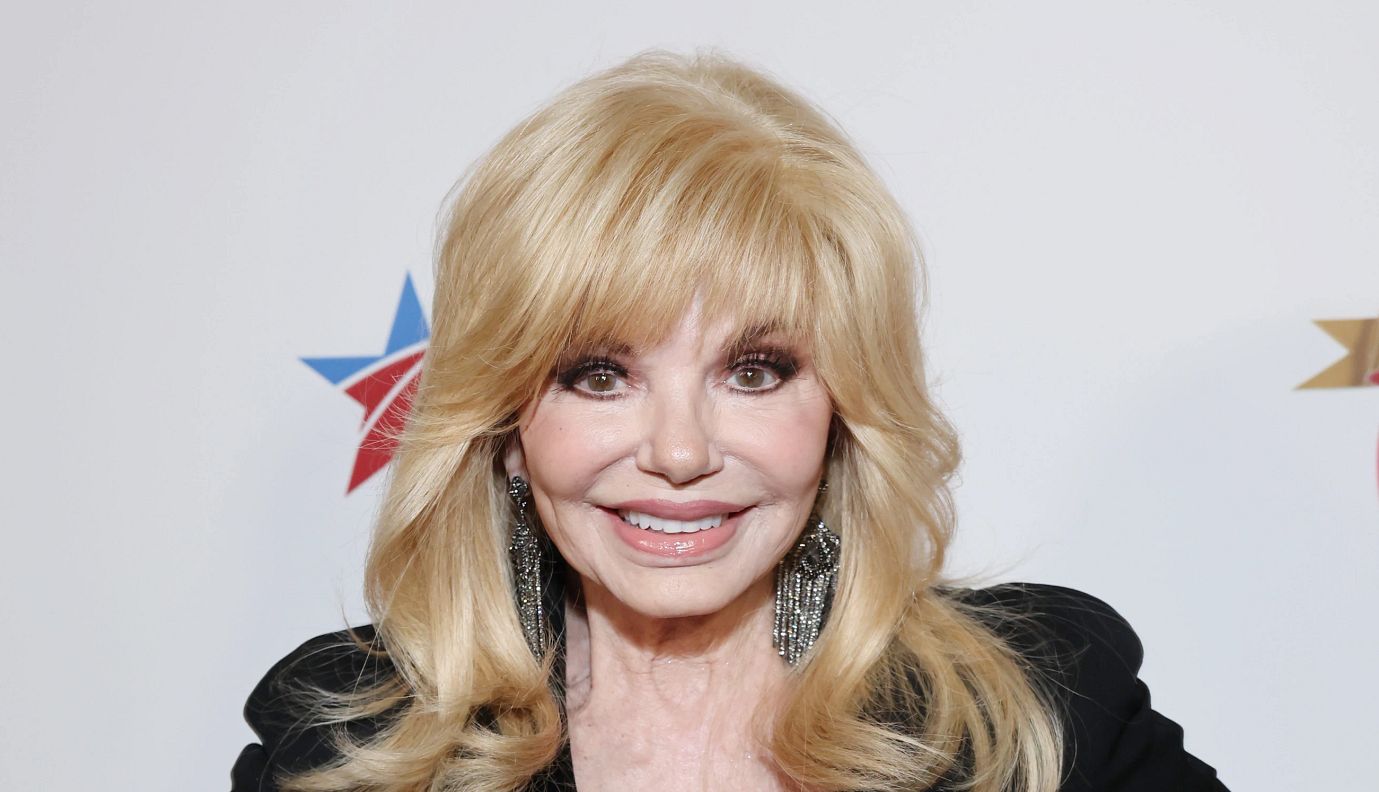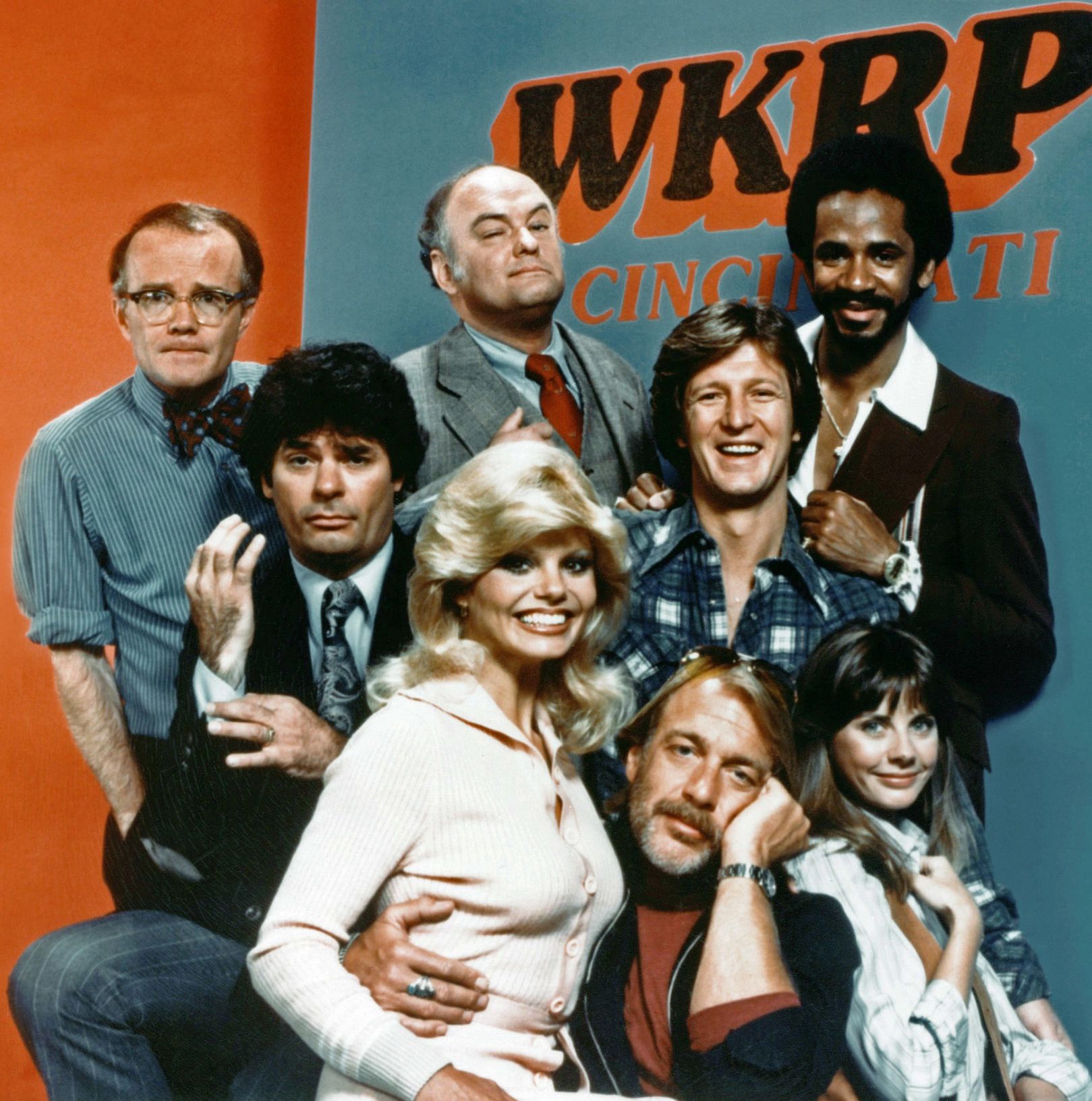AARP Hearing Center


Loni Anderson, who played a struggling radio station’s empowered receptionist on the hit TV comedy WKRP in Cincinnati, died Sunday, just days before her 80th birthday.
Anderson died at a Los Angeles hospital following a prolonged illness, said her longtime publicist, Cheryl J. Kagan.
“We are heartbroken to announce the passing of our dear wife, mother and grandmother,” Anderson’s family said in a statement.
WKRP in Cincinnati aired from 1978 to 1982 and was set in a flagging Ohio radio station trying to reinvent itself with rock music. The cast included Gary Sandy, Tim Reid, Howard Hesseman, Frank Bonner and Jan Smithers, alongside Anderson as Jennifer Marlowe, whose good looks were matched by her intelligence.
The role earned Anderson two Emmy Award nominations and three Golden Globe nominations.
In 2021, AARP named “Turkeys Away” from WKRP in Cincinnati’s 1978 season as one of its “15 Hilarious TV Sitcom Thanksgiving Episodes.”
Anderson starred on the big screen alongside Burt Reynolds in the 1983 comedy Stroker Ace, and the two later married and became tabloid fixtures before their messy breakup in 1994.
Their son, Quinton Reynolds, was “the best decision that we ever made in our entire relationship,” she said during the unveiling of a bronze bust at Reynolds’ Hollywood grave site in 2021.
“I think back to the beginning of our relationship, it was so, oh, gosh, tabloidy. We were just a spectacle all the time. And it was hard to have a relationship in that atmosphere. And somehow, we did it through many ups and downs,” Anderson told The Associated Press.
Anderson detailed their tumultuous marriage in the 1995 autobiography, My Life in High Heels, which she said was about “the growth of a woman, a woman who survives.”


































































More From AARP
Baseball Star Ryne Sandberg Dies
He was the National League MVP in 1984
Musical Satirist Tom Lehrer Dies at 97
His songs made light of serious issues in American society in the ’50s and ’60s
Beloved Horn Player Chuck Mangione Dies
His instrumental hit ‘Feels So Good’ was part of the soundtrack of the 1970s